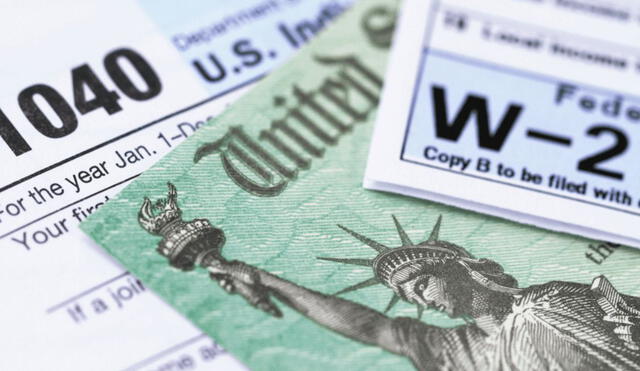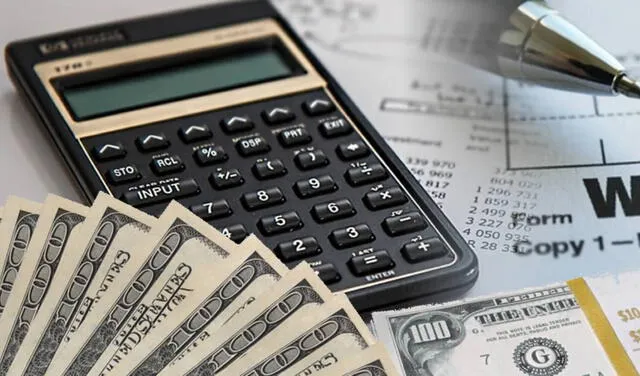Unclaimed Stimulus Checks: IRS sends relief to over 1 million Taxpayers in the US
The IRS is issuing unclaimed stimulus payments to approximately 1 million taxpayers who missed out on the Recovery Rebate Credit in 2021, ensuring they receive the financial relief they are entitled to from the federal government.

Stimulus checks have come and gone for most people, along with the pandemic. However, some 1 million taxpayers are receiving extra cash out of the blue from the IRS. These individuals filed a 2021 tax return three years ago but skipped claiming a much-talked-about stimulus credit worth a significant amount of money. Most likely, they didn't realize they qualified.
These taxpayers either left the line for the recovery rebate credit blank on their 2021 return, or filled in a $0 when they were actually eligible for the recovery rebate credit. Now that the money is being sent, it’s important to check your bank account and watch your mailbox. The IRS stated that some filers will receive the money via direct deposit, while others could receive it by paper check in the mail. The IRS will send letters alerting taxpayers that the money is coming.
IRS distributes Unclaimed Stimulus funds to over 1 million Taxpayers
The Internal Revenue Service is taking special steps to issue unclaimed stimulus payments to around 1 million taxpayers who missed the Recovery Rebate Credit in 2021. This move comes after the IRS reviewed its internal data and identified individuals who either overlooked or did not realize they qualified for the credit.
As a result, eligible taxpayers will receive the funds through automatic payments, either via direct deposit or by check in the mail. The IRS is committed to ensuring that these individuals receive the financial relief they are entitled to, helping to ease the economic impact of the pandemic.
Recovery Rebate Credit: How to claim your missing stimulus payment
For those who missed out on the Recovery Rebate Credit in 2021, the IRS is making it easier to receive unclaimed stimulus payments. The recovery rebate credit, part of the federal government's stimulus efforts during the pandemic, was designed to provide financial relief to eligible taxpayers.

The IRS establishes taxpayers must file taxes in the United States. Photo: Freepik.
To claim this credit, individuals who did not receive their full stimulus payment can now receive it automatically without needing to file an amended return. The credit amounts to up to $1,400 per person, and up to $2,800 for a married couple filing jointly, including additional amounts for qualifying dependents.
What happens if you don't file a 2021 return?
The announcement of the special stimulus payments might lead some to wonder if there's still an opportunity to claim a recovery rebate credit.
If you haven't yet filed a 2021 tax return, you have until April 15 to do so in order to claim the credit and any other potential refund. After this deadline, you won't be able to file the 2021 return.
The IRS emphasizes that eligible taxpayers who missed filing a 2021 return must do so to claim the recovery rebate credit, even if their income from employment, business, or other sources was minimal or nonexistent.
Additionally, any recovery rebate credit received does not count as income when determining eligibility for federal benefits such as Supplemental Security Income, SNAP, TANF, and WIC.
